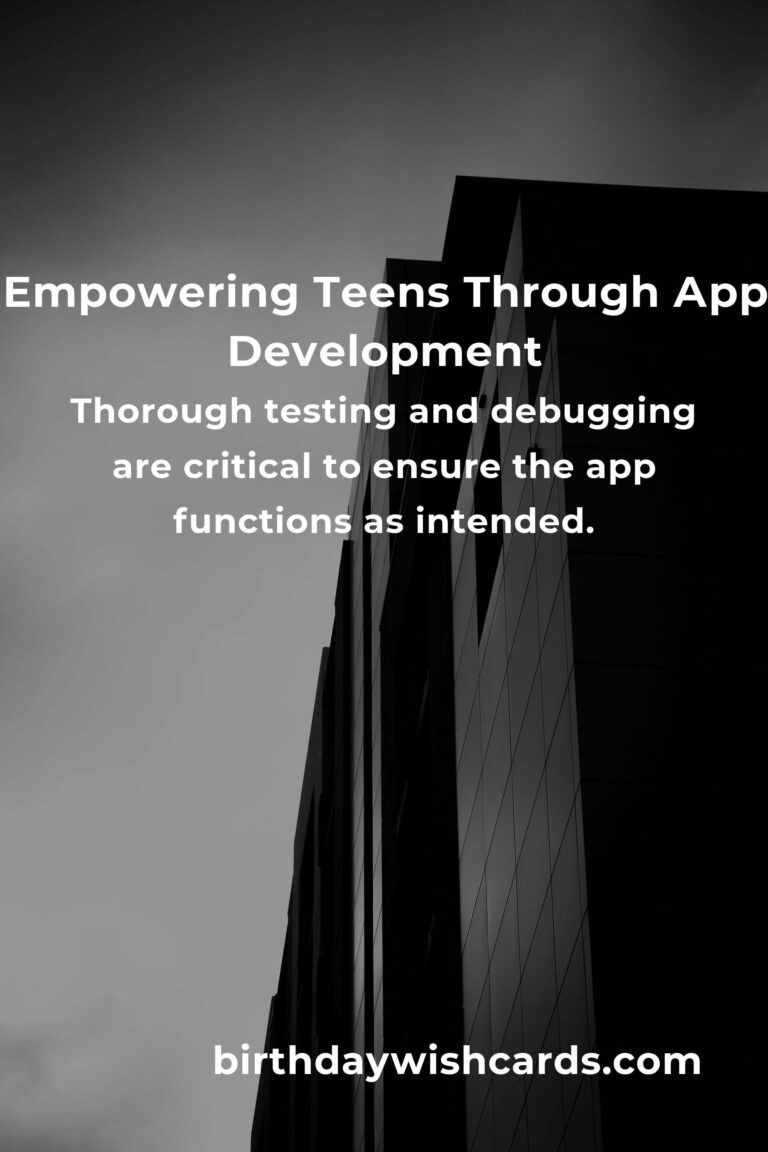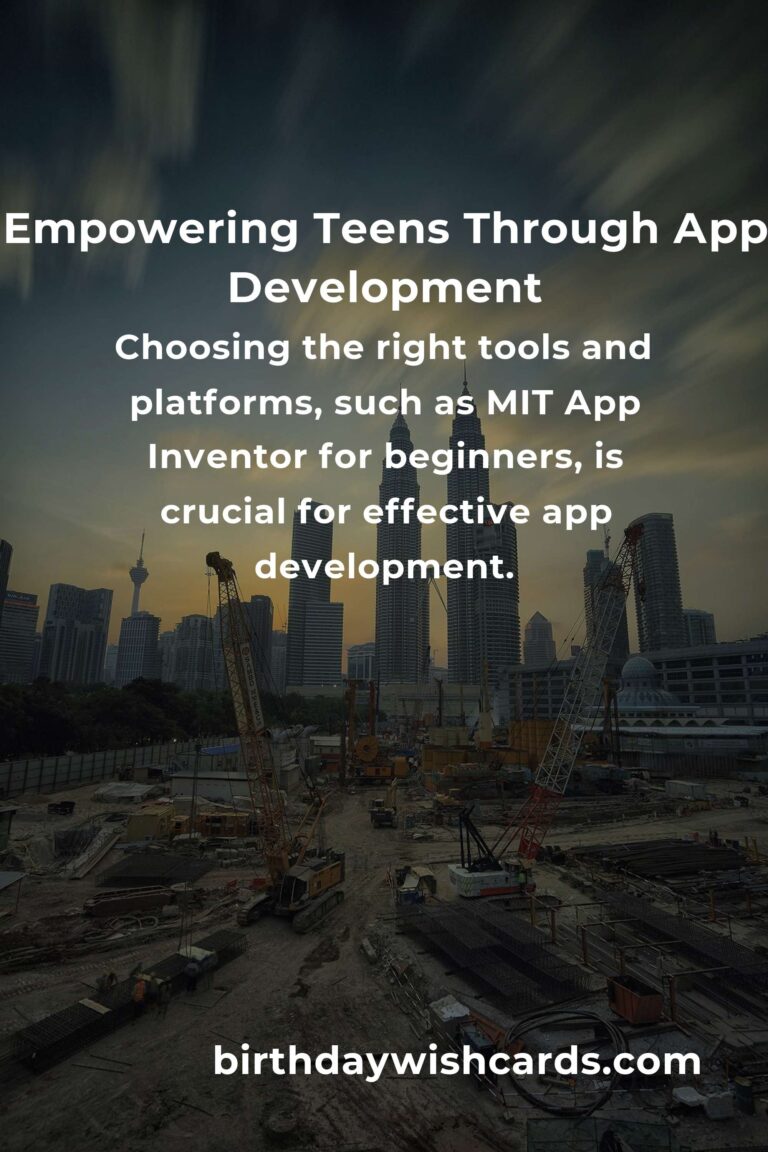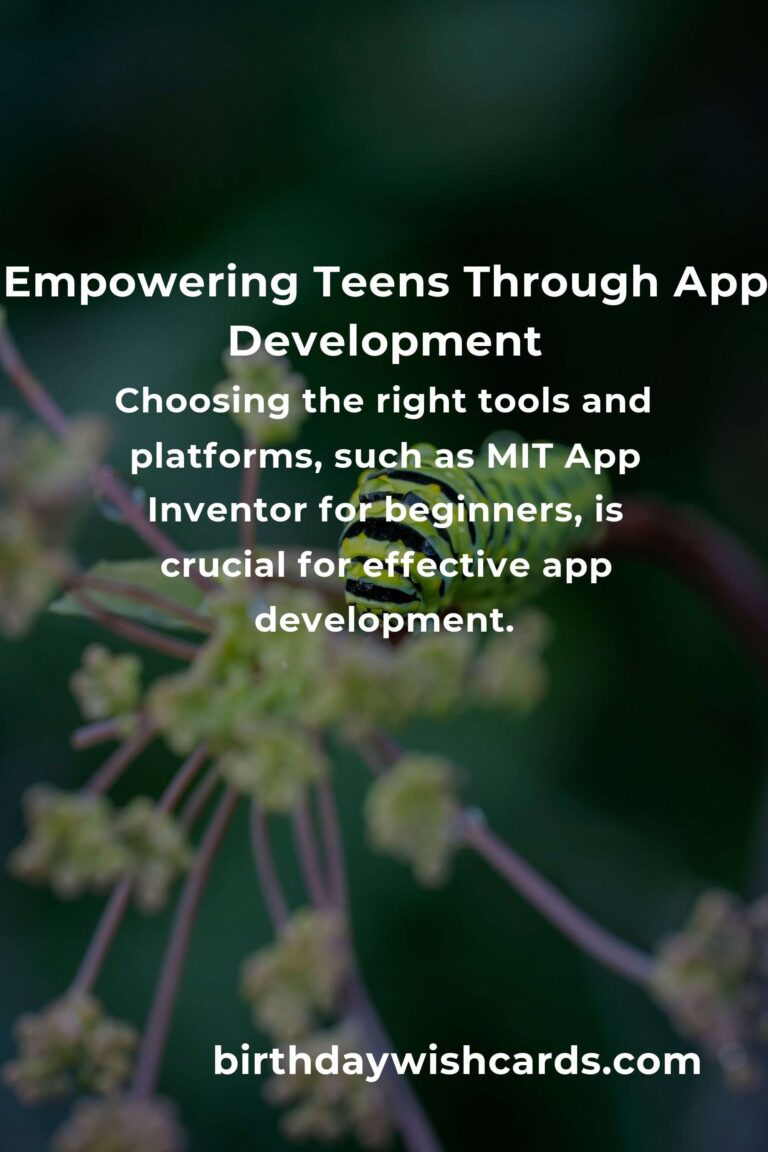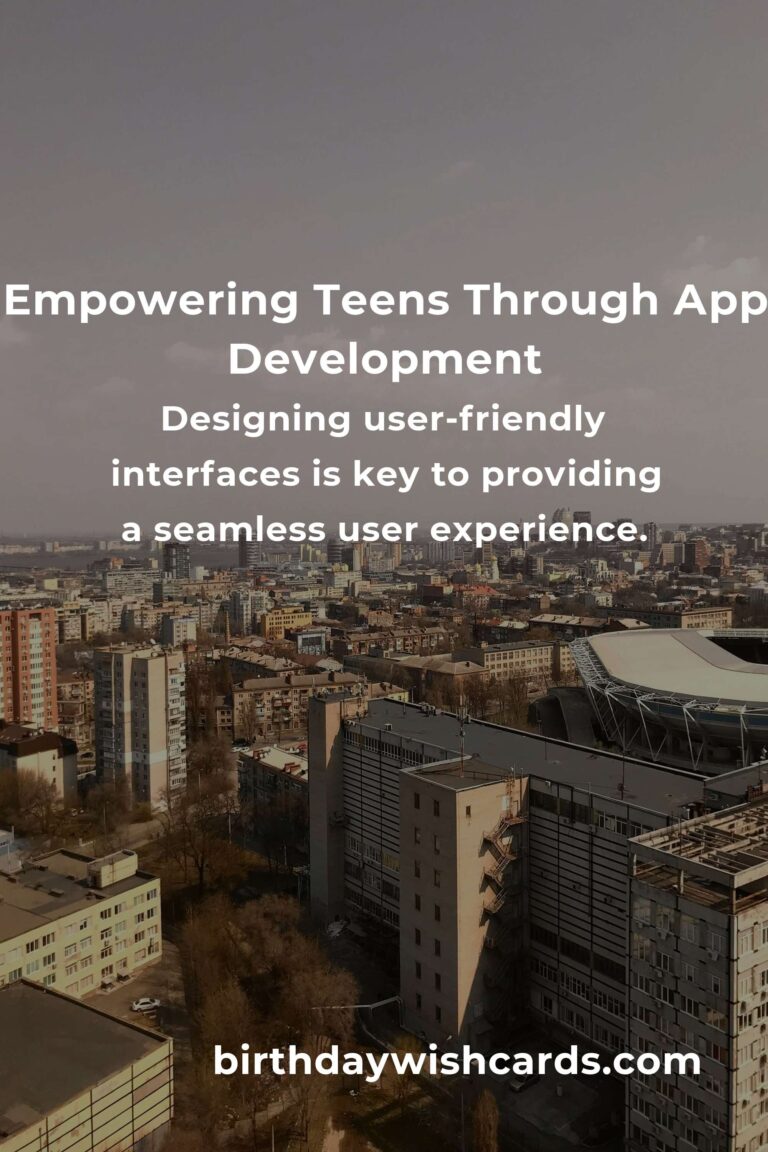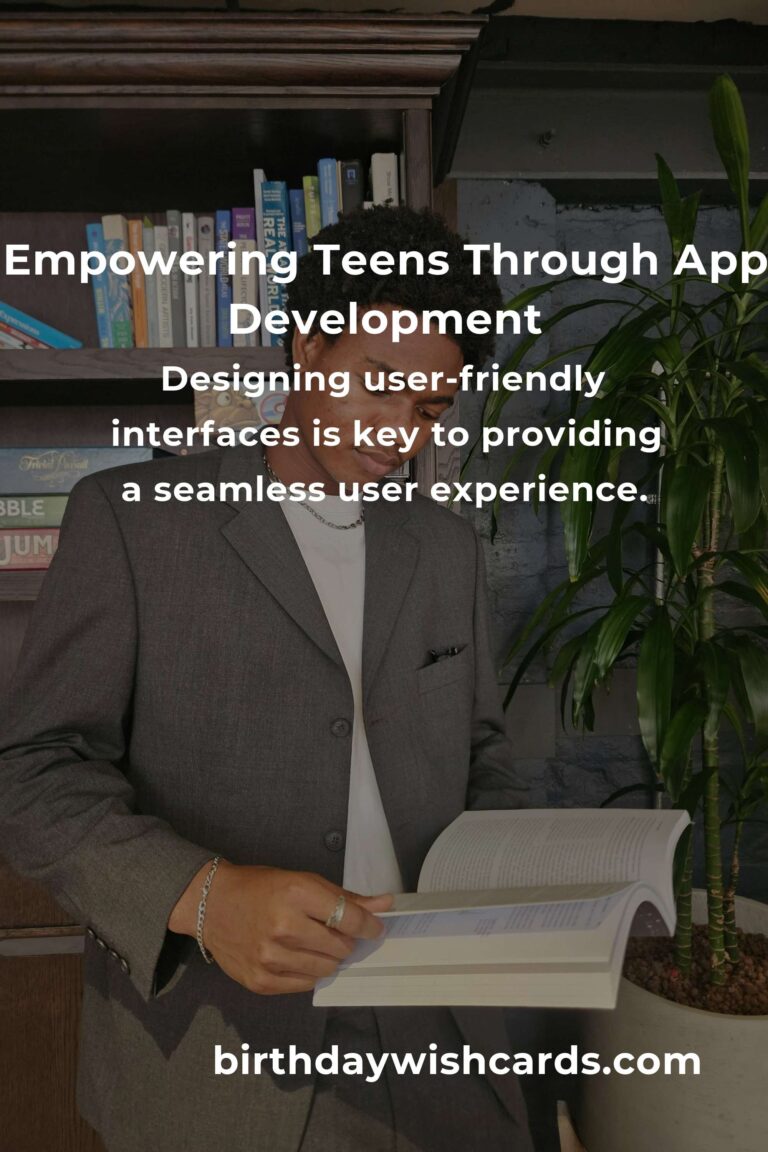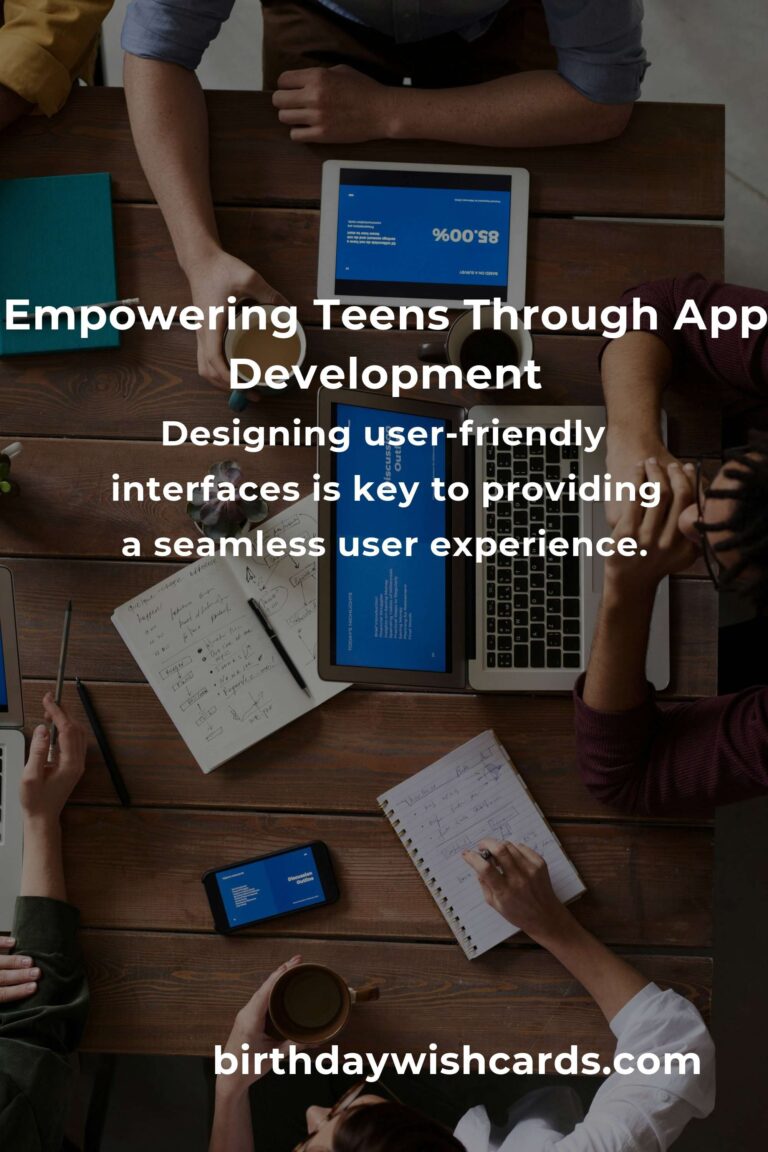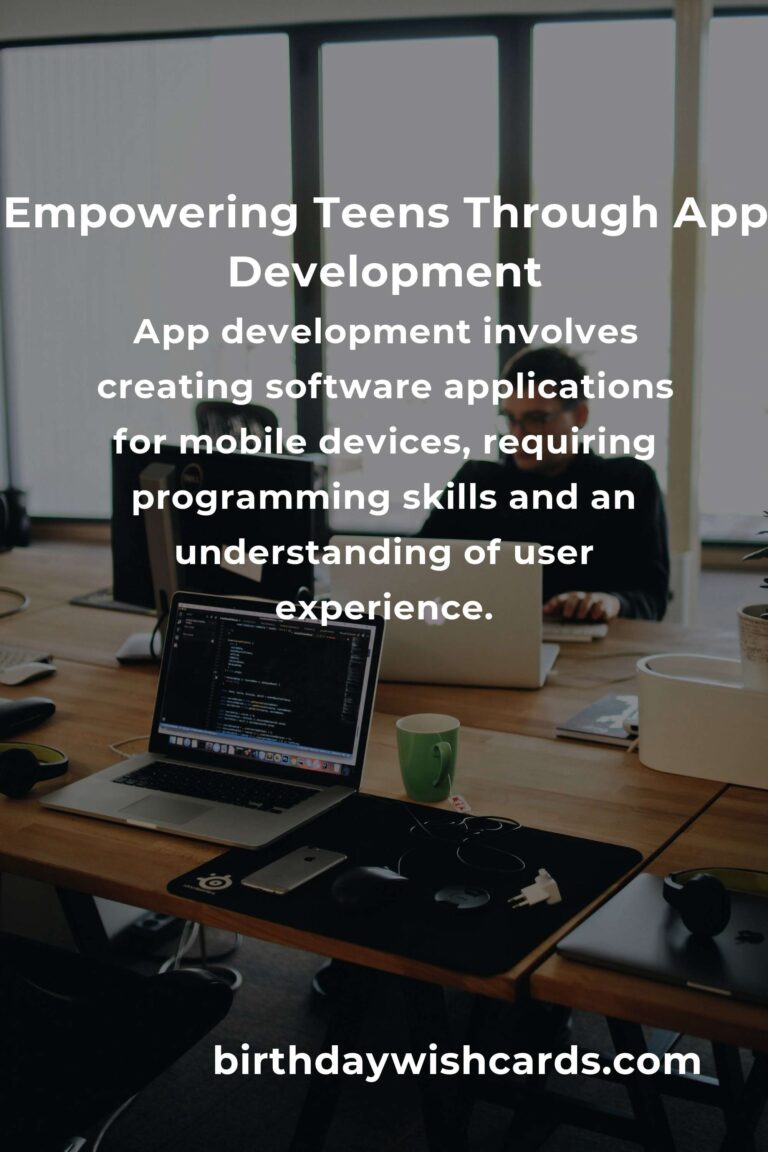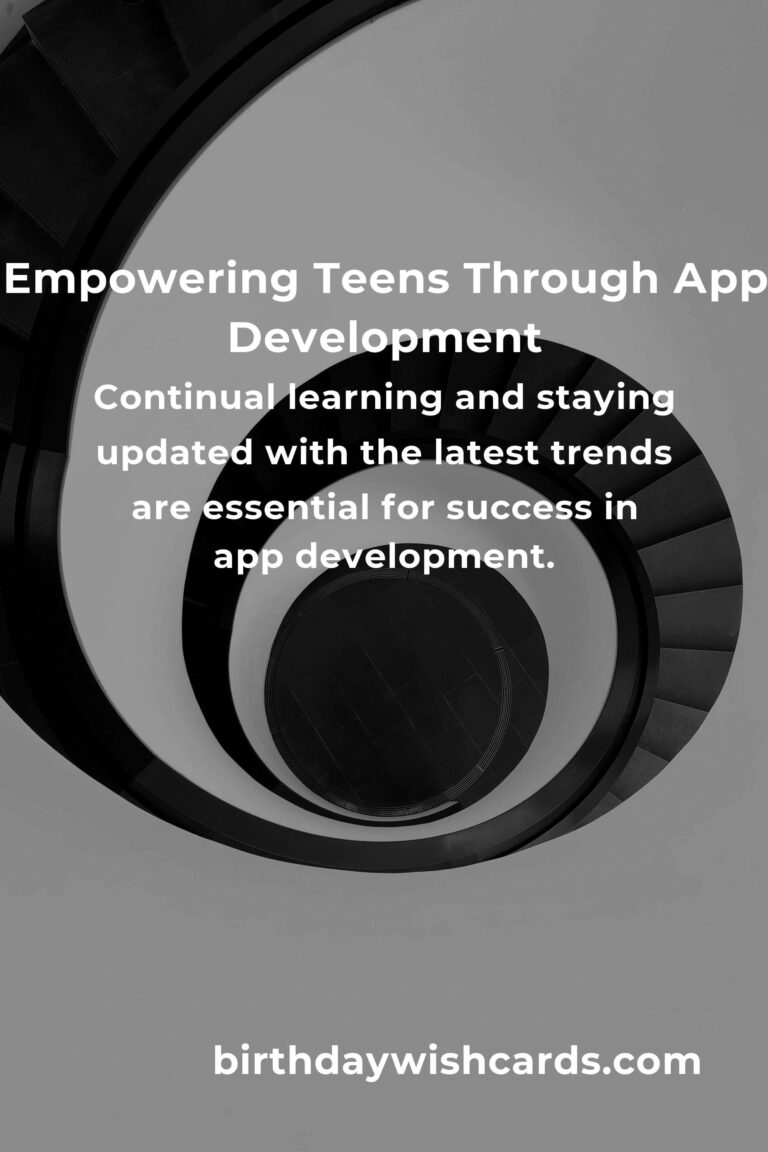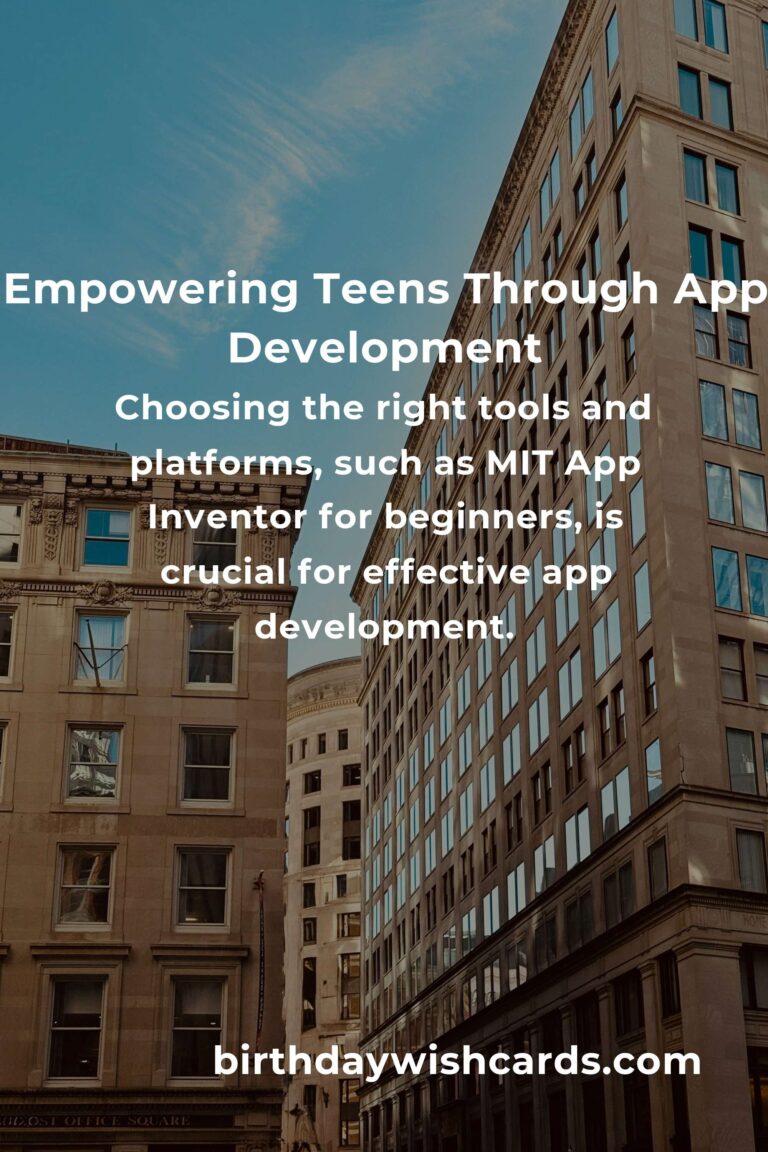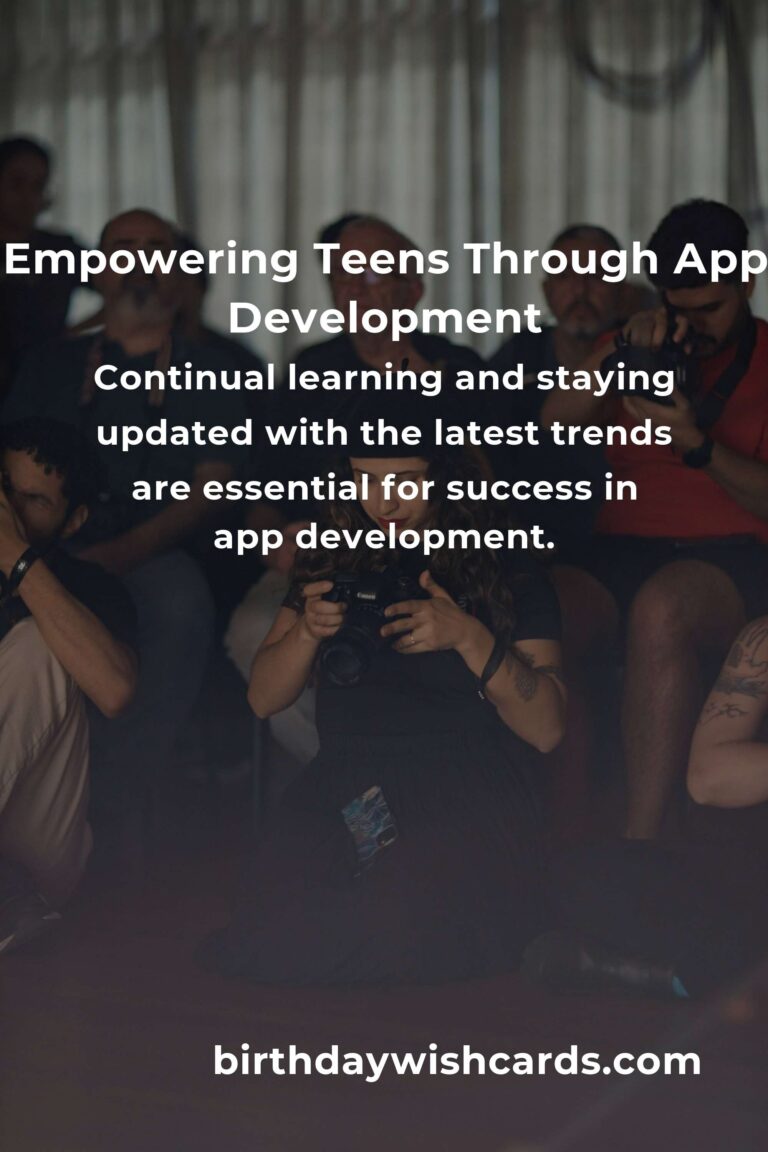
In today’s digital age, app development has become a crucial skill that opens doors to innovation and creativity. For teens, learning app development not only enhances their technical skills but also provides them with a platform to express their ideas and solve real-world problems. This guide aims to provide a comprehensive overview of app development for teens, from basic concepts to advanced techniques.
Understanding the Basics of App Development
App development involves creating software applications that run on mobile devices, such as smartphones and tablets. It requires a combination of programming skills, creativity, and an understanding of user experience. Before diving into app development, it’s essential for teens to familiarize themselves with the basic terminologies and concepts.
Firstly, understanding the difference between native, web, and hybrid apps is crucial. Native apps are built specifically for a particular operating system, such as iOS or Android, providing a high level of performance and user experience. Web apps, on the other hand, are accessed via web browsers and require an internet connection. Hybrid apps combine elements of both native and web apps, offering a balance between performance and accessibility.
Choosing the Right Tools and Platforms
When it comes to app development, selecting the appropriate tools and platforms is vital. Teens should start with easy-to-use development platforms such as MIT App Inventor, which is designed for beginners and offers a drag-and-drop interface. As they gain more confidence, they can transition to more advanced platforms like Android Studio or Xcode for iOS development.
Moreover, understanding programming languages is essential. Java and Kotlin are popular for Android app development, while Swift is the preferred language for iOS apps. Familiarity with HTML, CSS, and JavaScript is also beneficial for developing web and hybrid apps.
Designing User-Friendly Interfaces
An effective app is not only functional but also user-friendly. Teens should focus on designing intuitive interfaces that provide a seamless user experience. Key principles of UI/UX design include simplicity, consistency, and accessibility. Using tools like Figma or Sketch can help teens create wireframes and prototypes before diving into actual coding.
Coding and Development
Once the design is ready, the next step is coding and development. This phase involves writing the actual code that will bring the app to life. Teens should follow best practices such as writing clean, efficient code and regularly testing their app to identify and fix bugs. Utilizing version control systems like Git can help manage code changes and collaborate with others.
Testing and Debugging
Testing is a critical part of app development, ensuring that the app functions as intended and provides a smooth user experience. Teens should conduct thorough testing, including unit testing, integration testing, and user testing. Debugging is the process of identifying and resolving issues within the app, and tools like Logcat for Android or Console for iOS can assist in this process.
Launching and Marketing the App
After thorough testing and debugging, it’s time to launch the app. Teens can publish their apps on app stores like Google Play or the Apple App Store. However, launching is just the beginning. Effective marketing strategies, such as social media promotion and app store optimization, are crucial to reach a wider audience and increase downloads.
Continual Learning and Improvement
App development is a constantly evolving field, and teens should stay up-to-date with the latest trends and technologies. Joining online communities, attending workshops, and following industry experts are great ways to continue learning and improving their skills.
In conclusion, app development offers teens an exciting opportunity to build innovative solutions and enhance their technical expertise. By understanding the basics, choosing the right tools, designing user-friendly interfaces, and following best practices, teens can successfully develop and launch their apps, paving the way for a future in technology.
App development involves creating software applications for mobile devices, requiring programming skills and an understanding of user experience.
Choosing the right tools and platforms, such as MIT App Inventor for beginners, is crucial for effective app development.
Designing user-friendly interfaces is key to providing a seamless user experience.
Thorough testing and debugging are critical to ensure the app functions as intended.
Continual learning and staying updated with the latest trends are essential for success in app development.
#AppDevelopment #TeensCoding #MobileApps #LearnToCode #TechSkills


